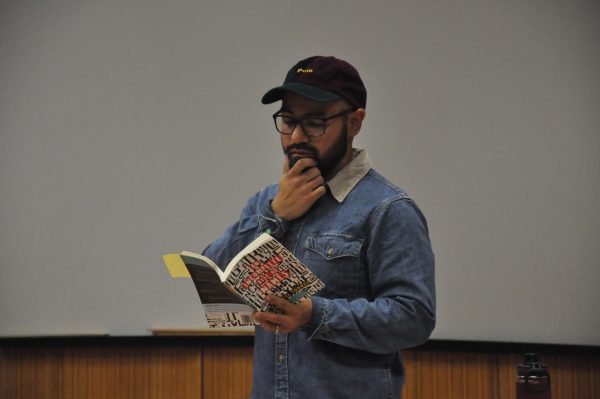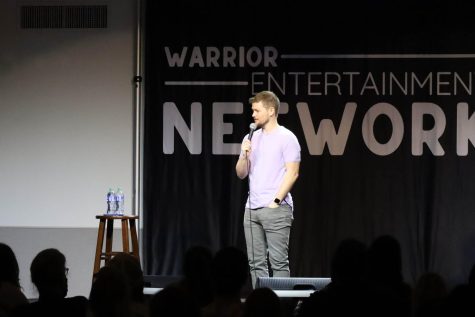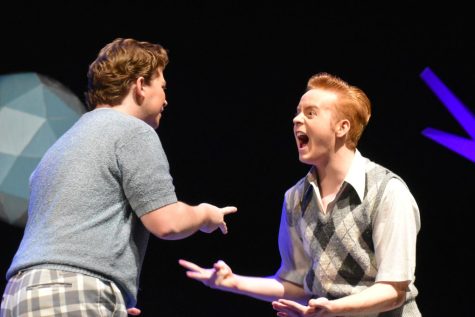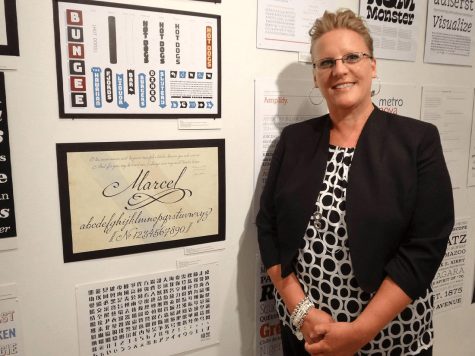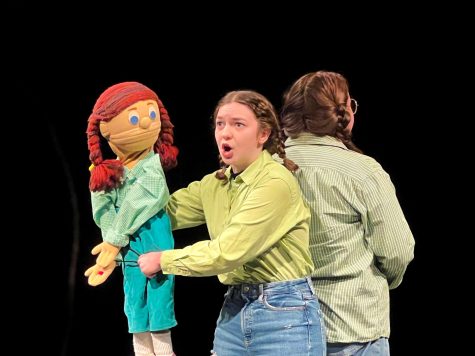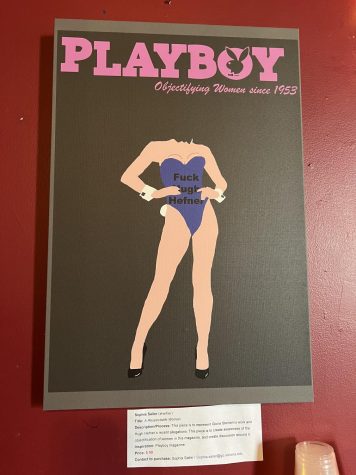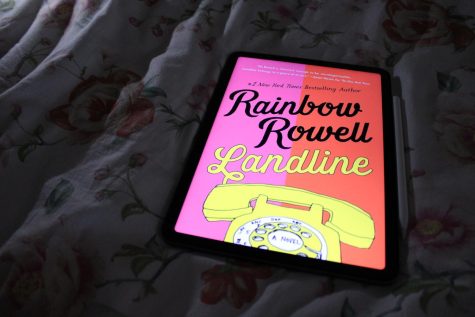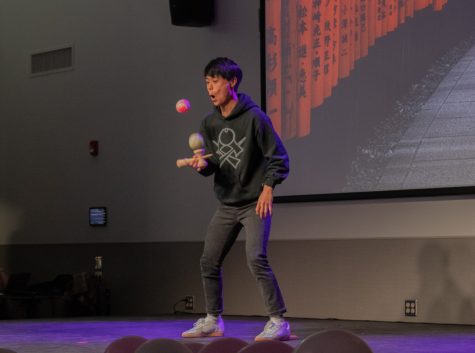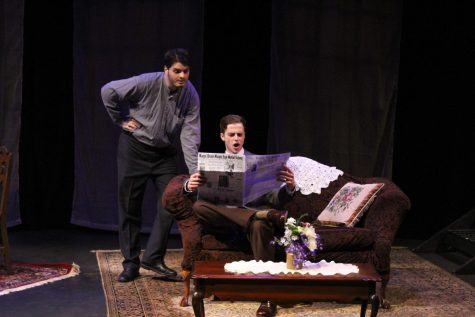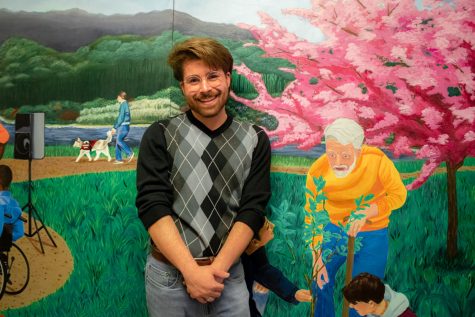How does Winona State celebrate MLK day?
January 22, 2020
To most at Winona State University, the celebration of Martin Luther King Jr. Day is marked with altered dining hour times and no classes.
However, some at the university claim they participate in events that honor the civil rights hero, just not on the day itself.
University president Scott Olson commented on the lack of events on Martin Luther King Jr. Day.
“We tend not to do these events right on MLK Day itself due to students generally not being around, so we do our events later in the same week when students can participate,” Olson said.
The most well-known event on campus this year honoring Dr. King is a jazz concert.
The Winona State University Music Department featured the faculty jazz ensemble and a few student vocalists for their musical tribute to Dr. King on Tuesday, Jan. 21 at 7:30 p.m.
The event began with Dr. Denise McDowell, Winona State University’s vice president for Enrollment Management and Student Life, reciting Dr. King’s address to the 1964 Berlin Jazz Festival: Recitation: On the Importance of Jazz.
After that, the group played seven songs that they claimed had significance to Dr. King or the civil rights movement.
According to Dr. Richard MacDonald, director of jazz studies and percussion studies at Winona State University, the faculty does jazz recitals every year, often at Ed’s (No Name) Bar. However, after visiting the Martin Luther King Jr. Memorial in Washington D.C., MacDonald was inspired to investigate the connection between Dr. King and jazz music.
“I found [the connection Dr. King had with jazz] a quite lot more connected than I thought. He was a big jazz fan and he was particularly a fan of Charlie Parker,” MacDonald said. “A lot of the music we are presenting is kind of in that civil rights, 1960s spirit.”
According to MacDonald, there were a few songs in his concert that particularly stood out to him.
The song, “Now’s the Time” by Charlie Parker, was one of Dr. King’s favorites, despite it being a simple jazz tune. “We Shall Overcome” arranged by Mark Hayes, was an anthem for the civil rights movement in the 1960s and was also a popular song and sentiment in black churches. “Fables of Faubus” by Charles Mingus was a satirical protest song written in 1959 in reaction to Jim Crow laws. “What’s Goin’ On” by Marvin Gaye was another protest song that was written in response to police brutality against Black Americans. Finally, “Alabama” by John Coltrane was written as a prayer in response to the 16th Street Baptist Church Bombing in September, 1963, which killed four African American girls.
Despite these songs having massive political significance for the civil rights movement and to MacDonald personally, the director claimed not to be trying to bring politics into the recital.
“I’m not trying to make any political statements,” MacDonald said. “There’s a lot of stuff going on now that reminds me of the 60’s…it reminds me a little bit of the polarization. I didn’t really want to get into any of that and I don’t think that’s our place.”
Instead of providing meaning to the music his group is playing, MacDonald wanted recital attendees to understand the significance of the music on a historical basis.
“This music I have spent my life with is much deeper than some entertainment. It’s made statements and continues to make statements,” MacDonald said. “The statement that was made by Dr. King was one worth celebrating.”
Dr. Jonathan Locust Jr., associate vice president of the Inclusion and Diversity office, endorsed the concert as part of the celebration.
“The MLK Jazz event is the event we have been pushing, supporting, and have students in our office participating in the concert,” Locust said.
There are no other events related to the civil rights movement or Dr. King listed on the Winona State University events calendar.





























































